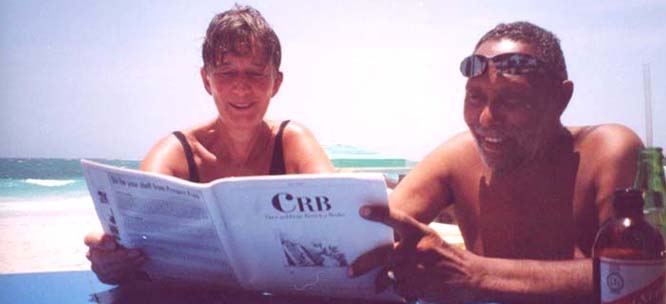On Stuart Hall (1932–2014)
On Stuart Hall (1932–2014)

As Stuart Hall told the story, the New Left began in 1956. In the course of a few early November days, British, French, and Israeli forces responded to Nasser’s closing of the Suez Canal by bombing Cairo and invading Egypt while, almost simultaneously, Soviet tanks rolled into Budapest to quell the Hungarian uprising. Hall was one of the many demonstrators who took to the streets in protest against both military interventions. Many on the Old Left shared the demonstrators’ concerns, but Stalinism and Western imperialism were not their signature issues.
Born in Kingston, Jamaica and raised amid lively talk of an independence that was still withheld, Hall had arrived at Oxford in 1951 to study English literature but bearing a personal interest in imperialism from the standpoint of its victims. The Cold War was not his war. He and the New Left were ready for each other.
In 1956 he abandoned Oxford and his thesis on Henry James and plunged into activism. To support himself he took up part-time teaching. Climbing the social ladder was clearly not his goal. Of course that is what he eventually did, however unintentionally, and in a sense it is also what he helped others do. The great postwar wave of migration from the Caribbean and other colonies brought to the UK many kindred spirits. Like Hall, they were a natural constituency for an anti-imperialist politics. Like Hall, they mixed a critical angle on British society with an effort to make a place for themselves in that society. Hall’s analyses of racism at home and abroad were blows struck in their struggle for recognition.
Widely considered the godfather of British multiculturalism, Hall was also the first editor of the New Left Review, the longtime director of the Birmingham Center for Contemporary Cultural Studies (the flagship institution of Cultural Studies in the world until Birmingham’s administrators, in their wisdom, closed it down in 2002), and the man who gave to Thatcherism its name and its most quoted critical analysis. He played a part in pretty much everything that happened on the Left scene from the disarmament movement onwards. Anyone trying to write a novel about the intellectual Left in Britain, Marxist literary critic Terry Eagleton once suggested, would be more or less forced to reinvent the character of Stuart Hall. The aspiring novelist could shadow Hall through those years, attending to nothing but his schedule of engagements, writings, friends, and shared projects, and still be pretty sure she was not missing much that was really important.
Hall tended to be upbeat about the Left’s prospects. This is probably the one thing his critics on the Left could not forgive. Didn’t he realize what capitalism was? “I am not interested in capitalism as such,” Hall told Lynne Segal and Peter Osborne in 1997. “I am interested in why capitalism was like that in the 1960s—or is like this in the 1990s.” One might say he thought in situations rather than in generalities, or that he preferred to take on antagonists he had a better chance against.
There were structural reasons for his politically sunny disposition. Speaking up for people of color and, increasingly, for women and sexual minorities, the New Left unleashed political energies that had lain dormant; it brought into being new political subjects. Little by little, those subjects would find some outlet in democratic reforms, would get some recognition in the university. Cultural Studies, the most visible fruit of Hall’s efforts, is easy enough to caricature: why study video games, hairstyles, tattoos, shopping? (Or today, the fashion for selfies?) “Of course,” Hall wrote in his analysis of Thatcherism, “the preoccupation with consumption and style may appear trivial—though more so to men . . . . But the fact is that greater and greater numbers of people (men and women)—with however little money—play the game of using things to signify who they are.” In the domain of culture, in those everyday acts and places where people signify who they are, the New Left arguably had a measurable impact—an impact it did not have on the amount of money people could use to do the signifying with.
A novel about the Left that took its outlines from Stuart Hall would have to focus on Britain, the adopted country to which he devoted a lifetime of critique infused and informed by love. But it would also have to make room for the Jamaican backstory. Like many intellectuals of color, Hall put his autobiography to work for him as a writer and as one of the most charismatic lecturers of his generation. By relativizing his identity (he asked: how black was I? how middle-class?) he helped his audiences loosen up their own identities, and we were grateful for it. You would leave the room convinced that, as Hall said, there are no short answers to the question, “Where are you from?” It’s not a happy ending to the novel of the Left. But in a time of ever-worsening economic inequality, that’s not what we would expect or what Stuart Hall himself would want.
Bruce Robbins is the Old Dominion Foundation Professor of Humanities at Columbia University. He is the author, most recently, of Perpetual War: Cosmopolitanism from the Viewpoint of Violence.




